Books
Jessica Moor on Kate Atkinson
Jessica Moor, debut author of Keeper, tells us about her love of Kate Atkinson and her private investigator Jackson Brodie.
There are novels that leave me saying quietly to myself, as I turn the final page, ‘One day, if I work very hard, I might be able to write like that’. Then there are the great many more novels that force me to admit that I could labour every second for the rest of my life and still I’ll never be able to produce something like that (damn).
But there’s really one writer whose novels keep me feverishly muttering, ‘That is how I want to write.’
Matt Haig wrote of Kate Atkinson, ‘I want to write like her when I grow up’. Atkinson is a grown up novelist – not because she’s obscure or lofty or ponderous (traits more likely to betray callowness in a writer than maturity) – but because she cuts through that crap to get at what matters. The traditional task of the novel was to process the raw material of life into something coherent enough to be learned from. Over the course of the 20th century, writers ripped up that rule book – now all we can often hope for from the literary novel is a survey of the fragmented senselessness of the human condition. Which is sobering and important and true – a shame that those sorts of books are so rarely enjoyable to read.
Kate Atkinson doesn’t accept those terms. She finds a way to marry the cosiness and narrative sweep of, say, a Dickens novel with the postmodern fragmentation of a Kazuo Ishiguro or a Coetzee. She is exacting in her depiction of the fundamental senselessness of life, the way that raw experience resists the strictures of narrative. Yet she always remains alive to the humanity of her subjects. Within forays into the crime genre, murder is never a game or a puzzle or a cipher: rather, vulnerable people die distressing, violent deaths, whereas the true rotters don’t quite get what they deserve. Money comes and goes, never with rhyme or reason but in an entropy beyond human comprehension. Her narratives unpick their own conventions: connections are missed, potential is squandered, attempts at communication sputter and fail. The knotty parts of being alive.
Sounds worthy. But the thing that you need to know about Atkinson – the thing that makes me certain I will never be able to write like her – is that she’s really. Bloody. Funny. Not fatuous, flippant funny, but a humour that speaks to the painful absurdity, the bonkers arbitrariness of the human condition – and nowhere is that wry, Atkinsonian smile better embodied than in her most famous creation.
Jackson Brodie used to be a policeman. By the time we meet him – as we do, appropriately, driving somewhere he doesn’t particularly want to go and listening to Women’s Hour – he’s just a man. Far from seeking thrills, Brodie always ends up inadvertently embroiled in a mystery while in pursuit of something more pedestrian. He’s both archetypically masculine and fundamentally feminist in his sensibility; Atkinson teases out that contradiction for all its worth. Despite his lousy record of romantic relationships (and his limitations as a father), Brodie is foremost a protector of women and children. A sheepdog instinct, Atkinson calls it. A character laced with childhood tragedy, who only knows how to help others to cack-handedly disentangle their own tragedies. Jackson Brodie is a weary man. He wearily saves reckless kids from drowning, wearily confronts a man abusing a dog, wearily lays the ghosts of past abuses to rest – only to have more spectres spring up around him.
Brodie sees his job as ‘to help people to be good rather than punish them for being bad’ – far from the more mechanical forms of law and order that form the backbone of many detective tales. J B Priestley thought that the reason we love detective fiction so much is because much of high literature has ceased to appeal to our deep desire for a good story, so we have to find that good story elsewhere. But what the novel can do – and what Atkinson taught me – is that the best stories operate as a sort of Trojan Horse. You can sneak all sorts of things into your reader’s mind if you do it with a good story, if you can make them care.
There’s no wrong way to read a Jackson Brodie. You can go as many layers deep as you like. You can fixate on who the murderer is, you can read for the psychological insight, or you can relish the literary references – everything from Mrs Dalloway to The Odyssey that are scattered through the pages like a trail of breadcrumbs. But man cannot live on literary heft alone. Atkinson believes that it doesn’t matter how sophisticated a point you want to make: you won’t succeed unless you have characters that people care about.
If I write about Jackson Brodie like he’s real, that’s because to me, he is. And that’s why Atkinson is the master of experimentation; she understands that the novel isn’t merely a vehicle for intellectually scintillating experiments. You have to care. Or else there’s no point. Atkinson’s books are meditations on the nature of fiction; they also happen to be absorbing tales populated with characters that feel like your own flesh and blood. That’s no accident, but a combination of skill and sensibility. She makes it look so damn easy, just like a great figure skater executing a triple jump with a casual smile. It’s not easy, it’s wretchedly hard, and you can only truly appreciate how hard it is when you’ve made your own wobbly attempts to stay upright on a pair of skates.
You can only write like yourself. I can’t write like Kate Atkinson. But I’ve grown up enough to realise that that’s ok. Because I get to read her books, and that’s even better.
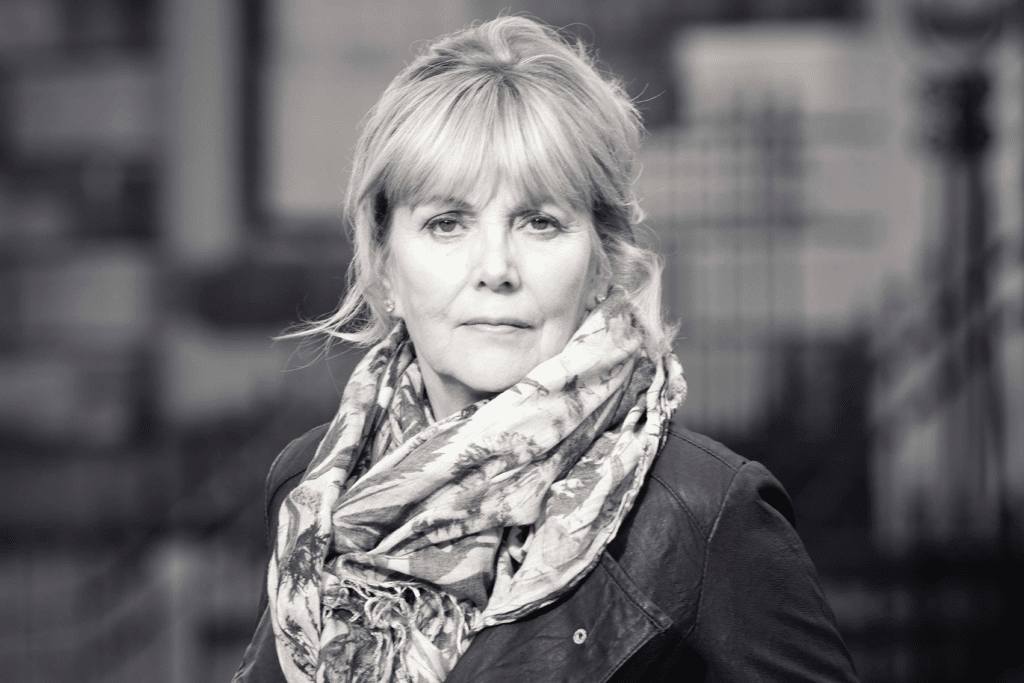

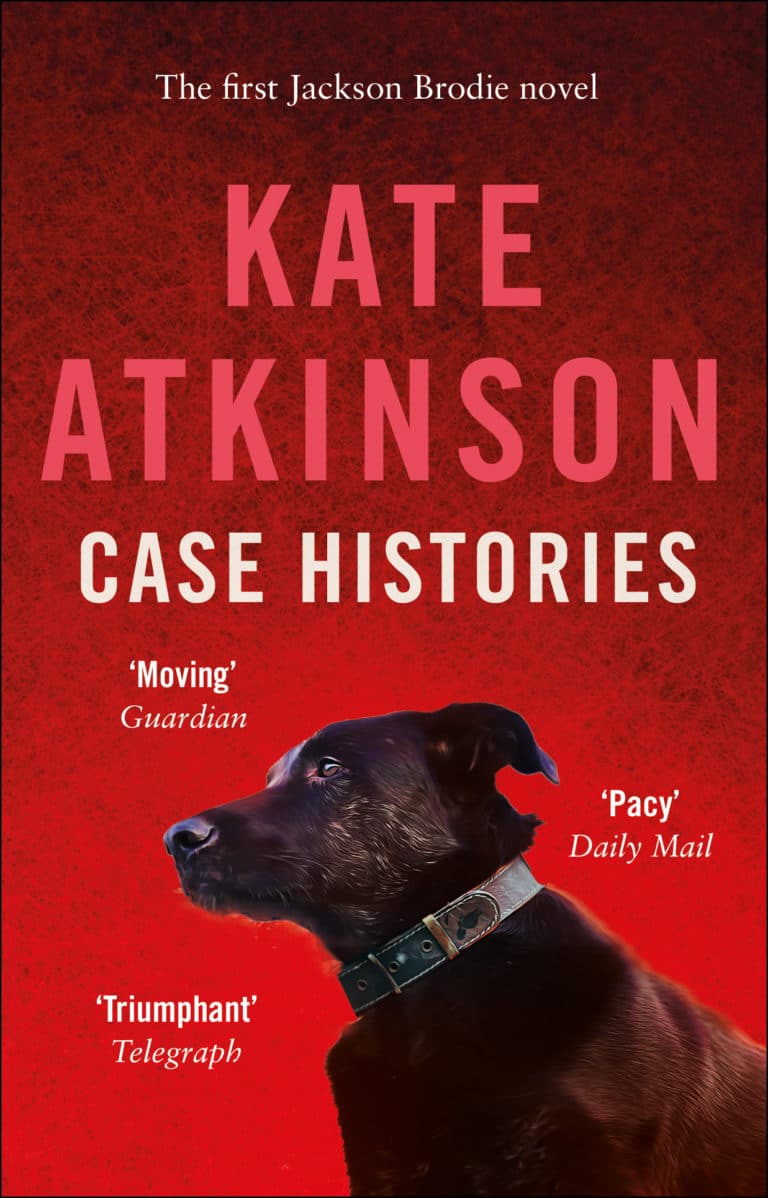
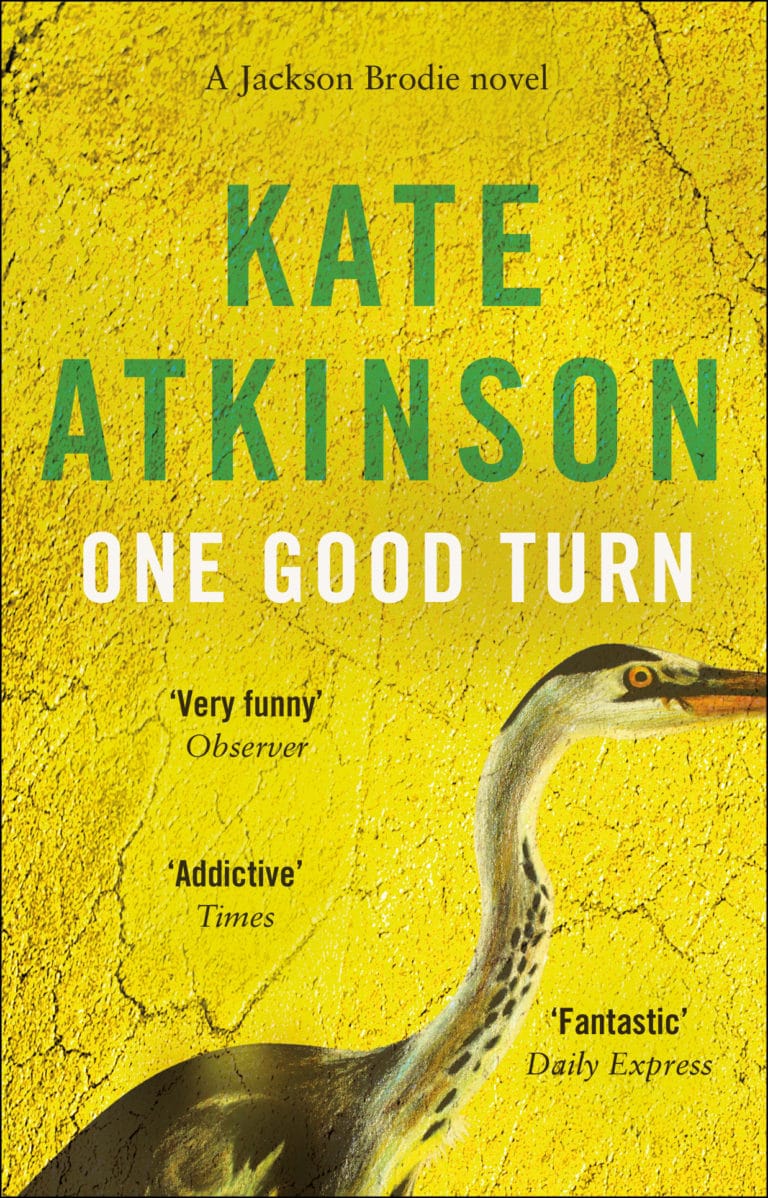
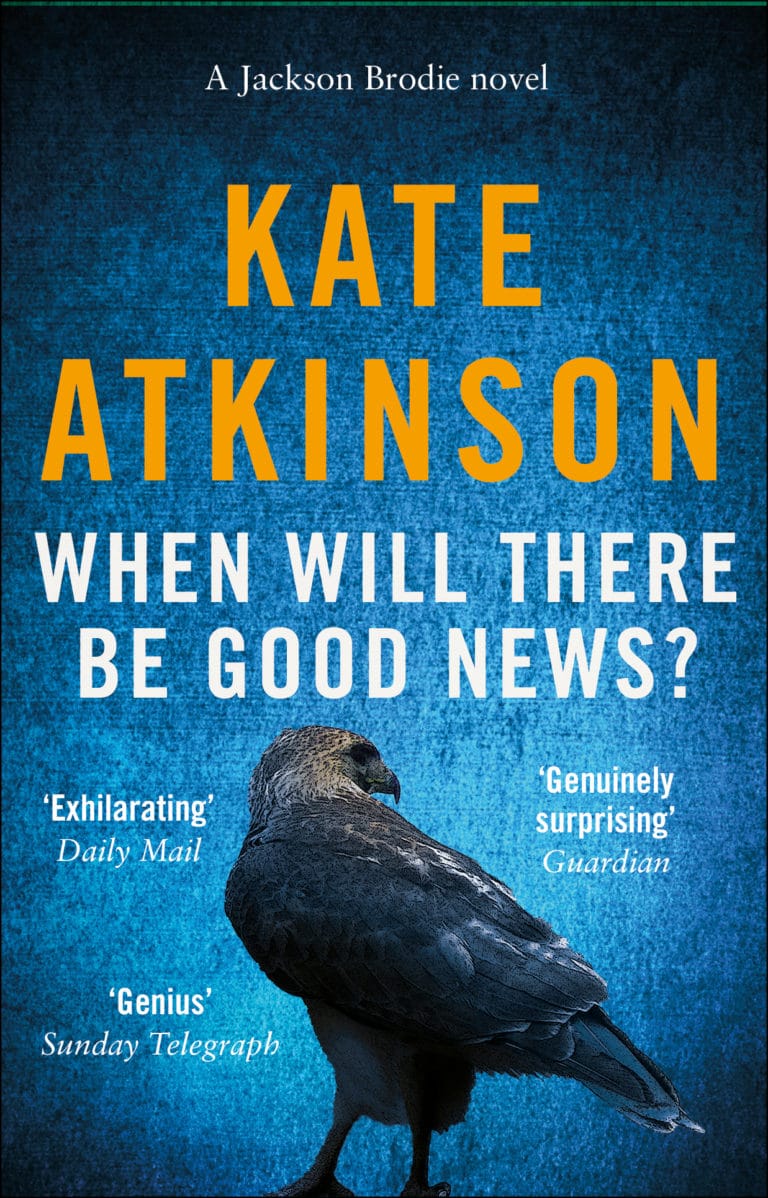
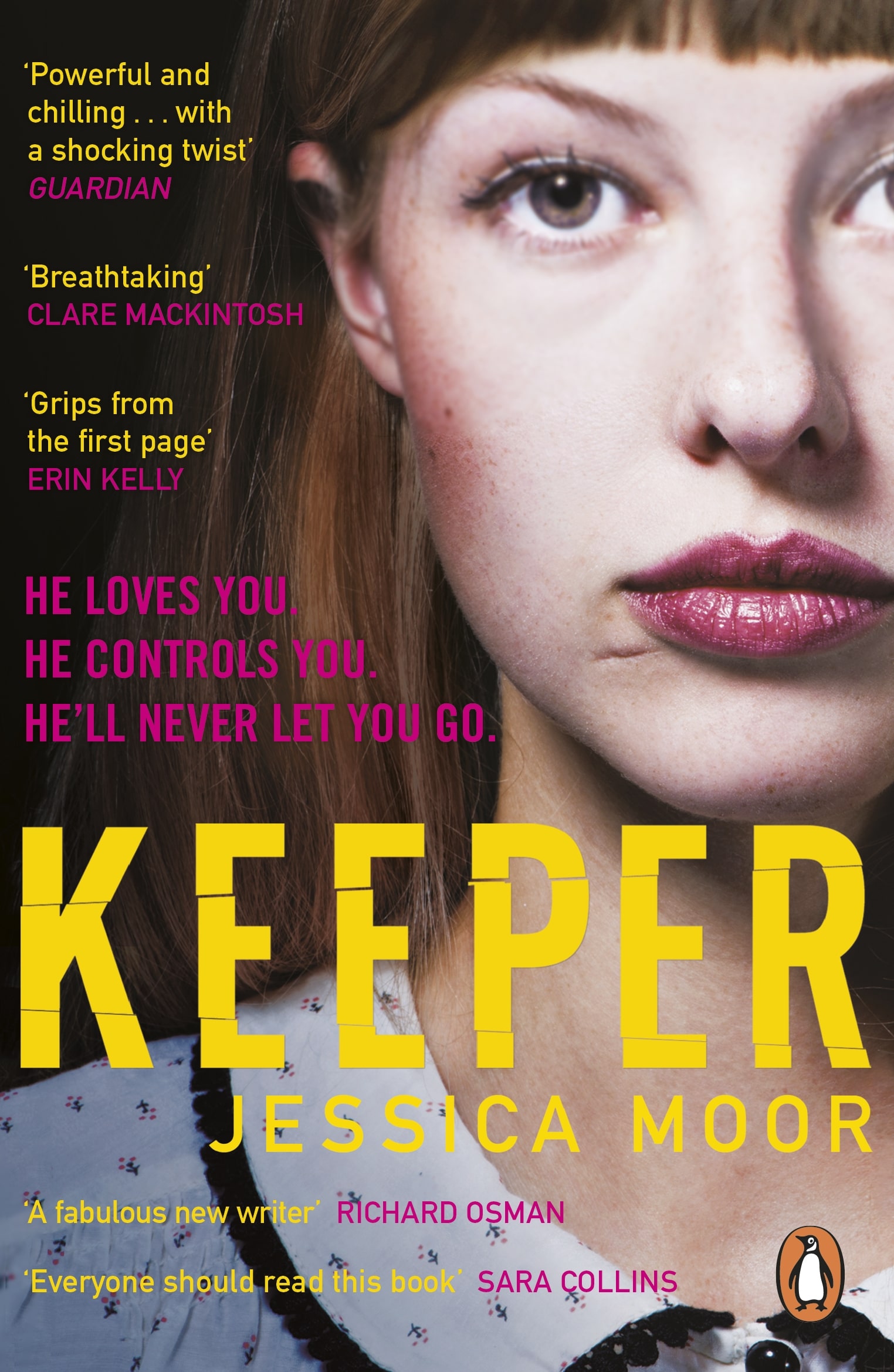

Please note: Moderation is enabled and may delay your comment being posted. There is no need to resubmit your comment. By posting a comment you are agreeing to the website Terms of Use.